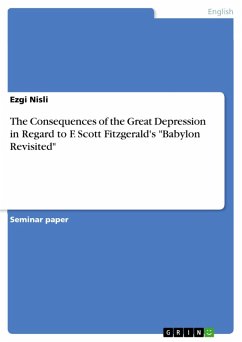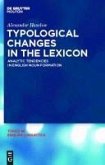Seminar paper from the year 2015 in the subject English Language and Literature Studies - Linguistics, grade: 1,0, Friedrich-Alexander University Erlangen-Nuremberg (Institut für Anglistik), course: Cognitive pragmatics, language: English, abstract: The notion of gender is normal for many languages like German, French, or Spanish. While it is essential to these languages that one declines words in different word classes to indicate gender, there are also non-traditional approaches to this. In Spanish, for example, it's becoming more and more common, on the Internet, to use the @-sign for word endings, in order to include both genders. If one wanted to avoid writing Latina/Latino, one could simply write Latin@. In Germany, a research group from the Humboldt-Universität in Berlin developed the terms Professx and Studentx to avoid gendering the words Professor/Professorin and Student/Studentin. The letter x plays the role of a wild card here - similar to the @-sign in Spanish. The professor that led the research group had a personal interest in this: they do not identify as either female or male. This is still something that is considered 'abnormal' in most societies. Over the years, many things have improved for people that were once, or still are, not considered 'normal'. Many minority groups can now enjoy more privileges that white, heterosexual, and cisgender people have always had. Legal rights have changed a lot over the last years. For example, it is now possible for trans* people to legally change their gender/sex. Their situation is not perfect yet but it is improving, at least. First of all, however, the necessary terms, such as 'sex' and 'gender', have to be defined. Also, the Genderbread Person by Sam Killerman will be presented to show a different, non-traditional, more detailed approach that deals with the various aspects of 'gender'. After that, the linguistic part of this paper will begin. 'The Pronouns of Power and Solidarity' by Roger Brown and Albert Gilman will be illustrated, and Mx will be adapted to it. Lastly, the survey on the use of Mx, conducted by the author, will be presented. The purpose of it was to find out what people think of the concept of 'Mx' and how known it is, as there is little to no research on this topic.
Dieser Download kann aus rechtlichen Gründen nur mit Rechnungsadresse in A, B, BG, CY, CZ, D, DK, EW, E, FIN, F, GR, HR, H, IRL, I, LT, L, LR, M, NL, PL, P, R, S, SLO, SK ausgeliefert werden.









